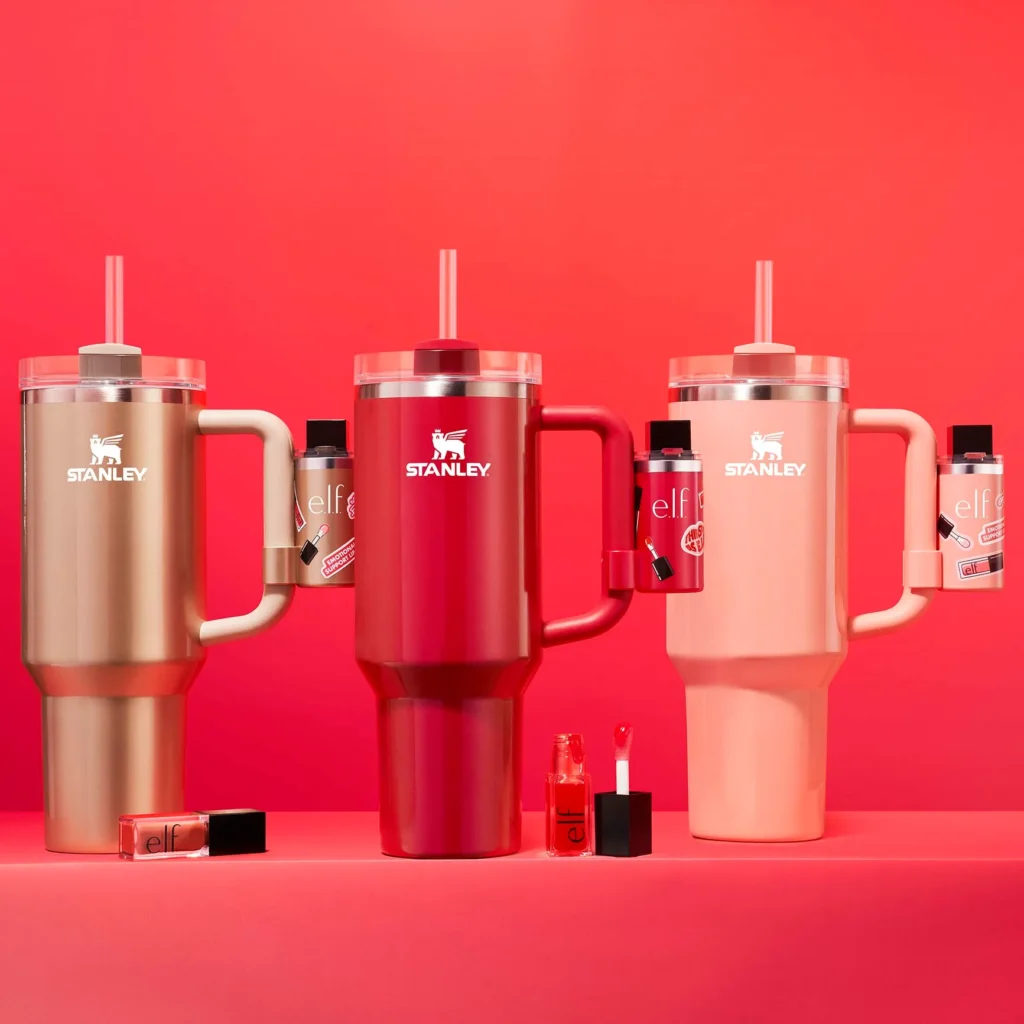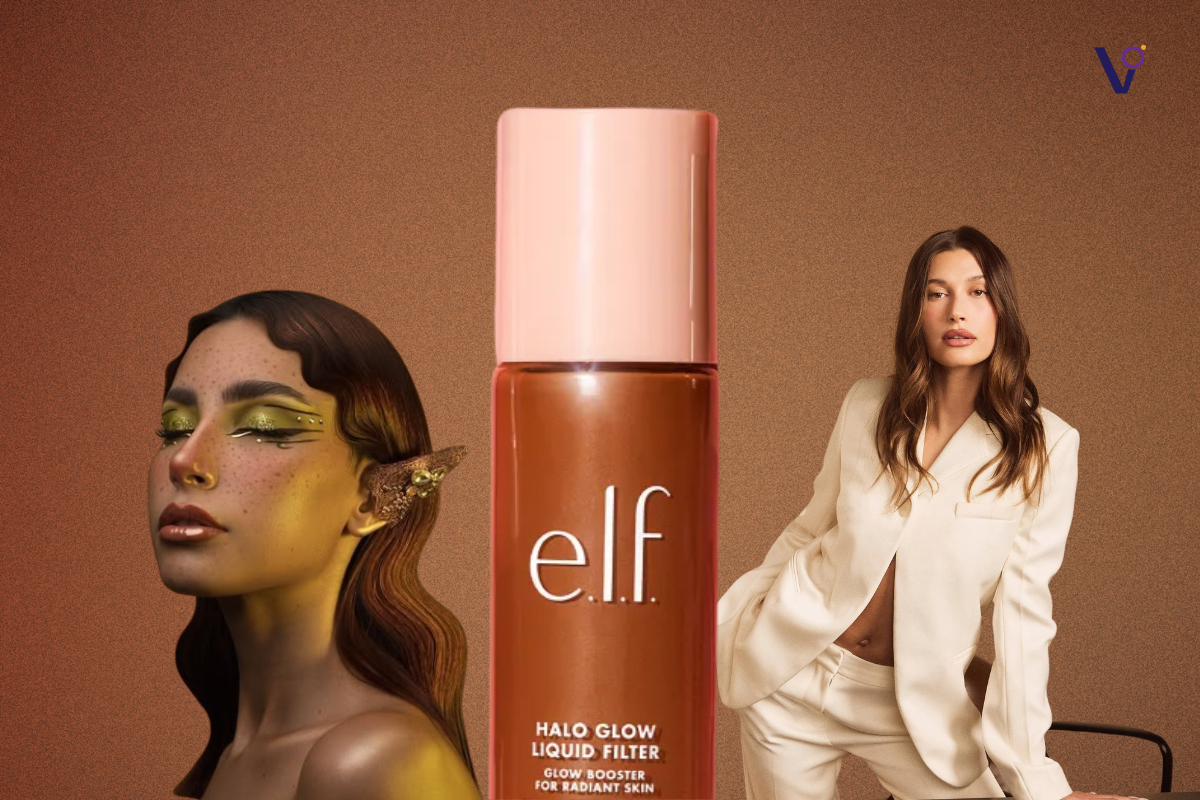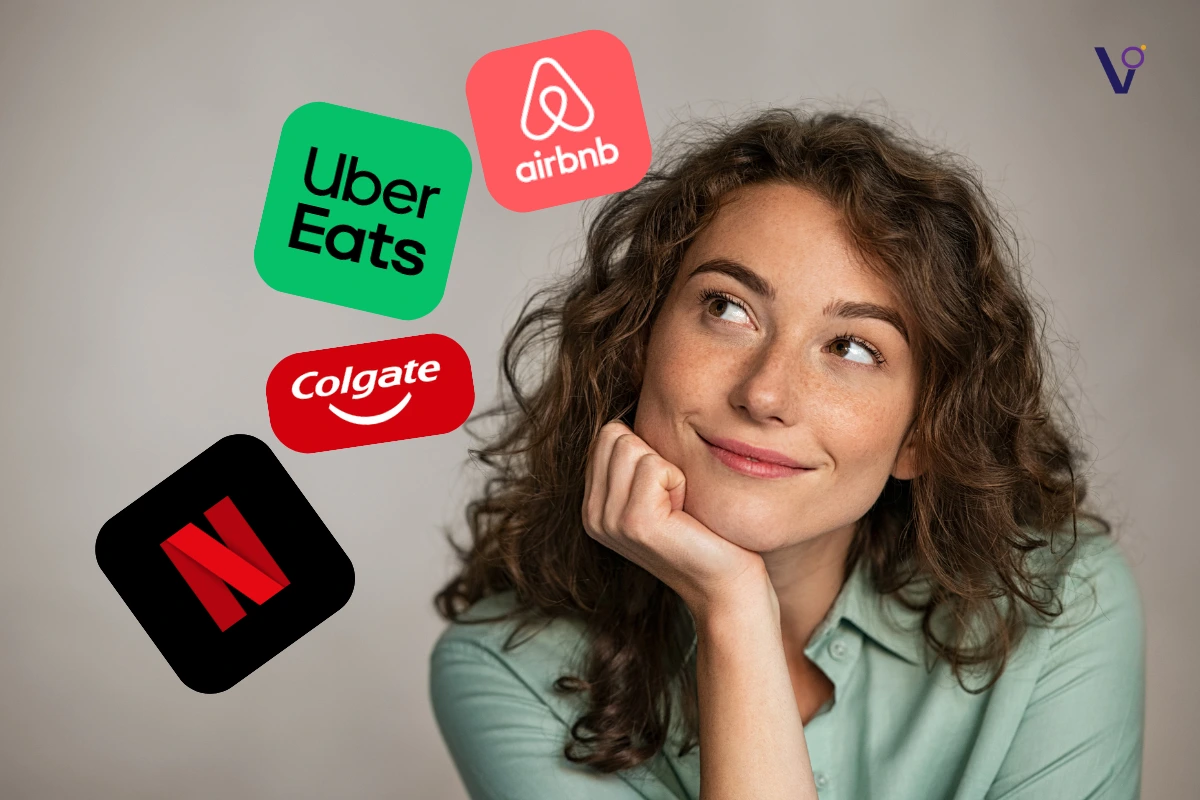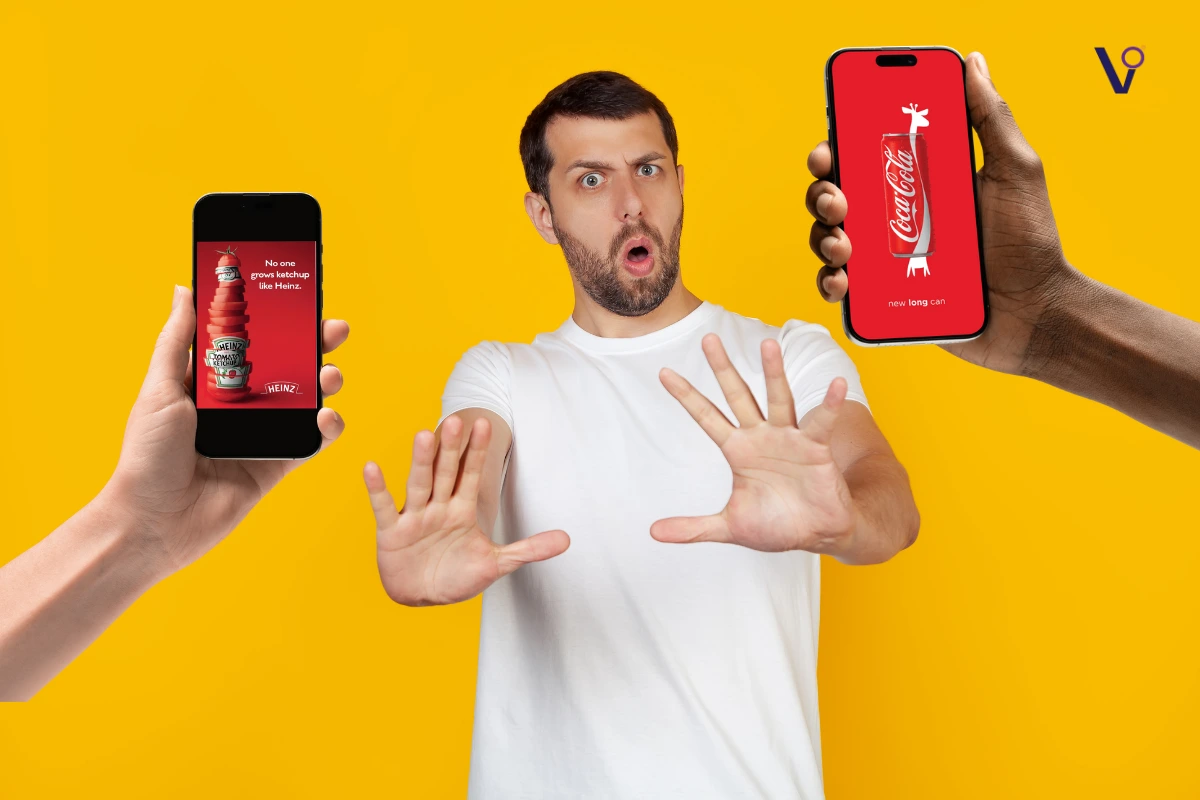In a digital-first world where personalization is king, e.l.f. beauty is making headlines yet again and this time with Pinterest. Together, they’ve launched “color e.l.f.nalysis,” an AI-powered tool that allows users to upload a selfie and receive a custom color-season analysis, linking directly to shoppable Pinterest boards filled with curated e.l.f. products.

This isn’t just a tech gimmick. It’s a strategic leap.
- Pinterest had a massive 1.6 billion makeup-related searches in the past year alone
- Searches for “color season analysis” have surged by 22x.
- With nearly half of Pinterest’s audience made up of Gen Z users, this move directly connects with a generation known for loving personalized recommendations and self-expression.
To make the most of this, e.l.f. teamed up with Pinterest’s insights team to track seasonal beauty trends, while also working with creators to roll out fresh, season-based content that would engage users in a fun and interactive way. This effort leverages Pinterest’s broader AI and shopping forecast capabilities, including auto-collages and visual clustering, providing e.l.f. with a leg up on demand.
The takeaway? e.l.f. beauty isn’t merely peddling makeup, they’re peddling a customized beauty experience, marrying AI, community, and commerce with ease.
E.l.f. Beauty Acquires Rhode for $1 Billion
If the AI rollout wasn’t newsworthy enough, e.l.f. shook the beauty industry with its recent $1 billion acquisition of Rhode, Hailey Bieber’s skincare line.
At first glance, this might seem like a surprising turn for a brand once known for $1 drugstore cosmetics. But when you zoom out, it’s a masterclass in strategic expansion.
Here’s what makes this acquisition monumental:
- Rhode recently announced a Sephora partnership, dramatically expanding its retail footprint.
- e.l.f. already owns Well People, Key Soulcare (Alicia Keys), and Naturium.
- The addition of Rhode brings a premium, influencer-led brand into e.l.f.’s growing portfolio, showing the company’s shift from being just an affordable beauty brand to offering aspirational products as well.
This move blends e.l.f.’s strengths value, community and smart marketing with Rhode’s cult-favorite status and premium skincare appeal. It’s the equivalent of bringing high fashion into a streetwear empire without losing authenticity.
What’s next for Rhode under e.l.f.? Likely faster product drops, expanded international presence, and innovative brand storytelling. But whether that impacts the boutique brand’s charm is a narrative the market will closely watch.
e.l.f. Beauty Cultural Relevance
Let’s be clear: e.l.f. beauty didn’t stumble into success. They engineered it.
Their rise from $1 products to a publicly traded, billion-dollar disruptor is rooted in relentless cultural adaptability. Where others saw budget constraints, e.l.f. saw Gen Z gold. They turned everyday touchpoints into brand moments.
Some of their most standout cultural activations:
- Dunkin’ collab: Makeup inspired by coffee and donuts? Yes, and it sold out.
- Stanley Cup collab: Capitalized on the viral water bottle trend.

- First beauty brand on Twitch and deep investment in Roblox: Meeting users in gaming spaces no other beauty brand dared to enter.
- The addition of Rhode brings a premium, influencer-led brand into e.l.f.’s growing portfolio, showing the company’s shift from being just an affordable beauty brand to offering aspirational products as well.
These aren’t just another stunts. They are touchpoints of relevance, helping e.l.f. become a lifestyle brand, not just a beauty label.
And now with Pinterest’s AI, they’re going beyond pop culture. They’re embedding tech and data into the customer journey.
The Power of Dupes, Digital-First Strategy & Word of Mouth
e.l.f. cracked a code many premium brands still resist: price doesn’t always equal performance. Their dupes that are affordable alternatives to high-end products don’t just compete, they dominate.
- Influencer James Charles and many others have called out e.l.f.’s products as top-tier dupes, with liquid glitter eyeshadows compared favorably to Stila.
- Their products often retail under $6, giving them an unbeatable value proposition.
- e.l.f.’s affordable dupes outsell the expensive versions they’re based on by nine times. That says a lot about what people actually want these days: good products without the crazy price tag.
But their strategy doesn’t rely on pricing alone.
Early on, e.l.f. recognized the power of word of mouth and digital-first retail. Back in the 2000s, when most brands chased Target and Ulta, e.l.f. relaunched its website to facilitate direct-to-consumer sales. A classic move that later led to Glamour Magazine features and 50% of total sales coming from e-commerce by 2018.
They also don’t pour millions into traditional ad budgets. Rather, they leave social virality and creator advocacy to carry the load.
The result? Community-driven growth that feels authentic, inclusive, and innovative.
What Lies Ahead: Intelligent AI, Accessible Beauty, and Brand Expansion
What makes e.l.f.’s AI partnership with Pinterest so potent isn’t just the tech. It’s the inclusive design thinking behind it.
The AI tool assesses:
- Hue (warm or cool)
- Value (light or deep)
- Chroma (bright or muted)
And then connects users with shoppable boards tailored to their unique traits. A perfect blend of tech, personalization, and commerce.
Patrick O’Keefe, e.l.f. Beauty’s Chief Integrated Marketing Officer, emphasizes that AI will augment, not replace the human touch. Their commitment to responsible, inclusive, and ethical AI reflects today’s consumer values, especially among Gen Z and Gen Alpha.
Simultaneously, e.l.f. is thinking far beyond makeup:
- Expansion into skincare and wellness via Rhode and Key Soulcare.
- AI personalization for product discovery.
- Cultural integration through gaming, film, and social moments.
- Continued brand acquisitions, setting up e.l.f. as a beauty conglomerate to watch.
With high-performing stock, a consistent growth trajectory, and viral marketing genius, e.l.f. isn’t slowing down, they’re fortifying their empire.
Yes, e.l.f. recently acquired Hailey Bieber’s skincare brand Rhode for $1 billion, marking the biggest deal in e.l.f.’s history and expanding its premium, influencer-driven brand portfolio.
e.l.f. leans into cultural moments, viral collaborations, affordable dupes, and digital-first strategies like AI-powered tools, gaming partnerships, and influencer tie-ins to stay relevant and grow without traditional advertising.
e.l.f. succeeds by combining affordability with quality, creating viral dupes, embracing word-of-mouth marketing, digital-first strategies, and culturally relevant collaborations, while staying ahead through AI, influencer, and tech-driven campaigns.



